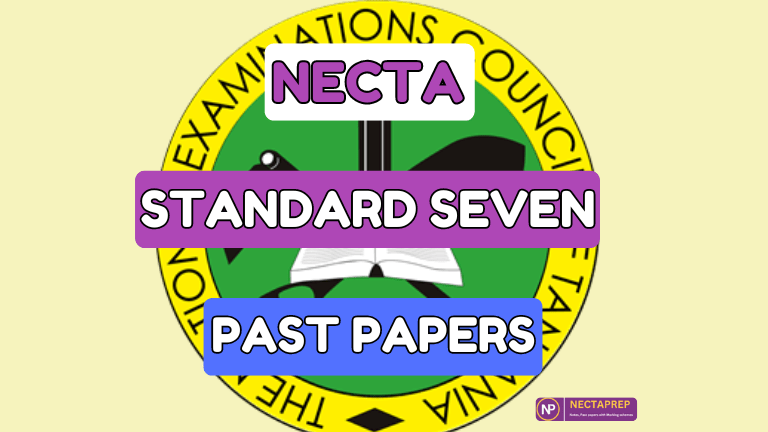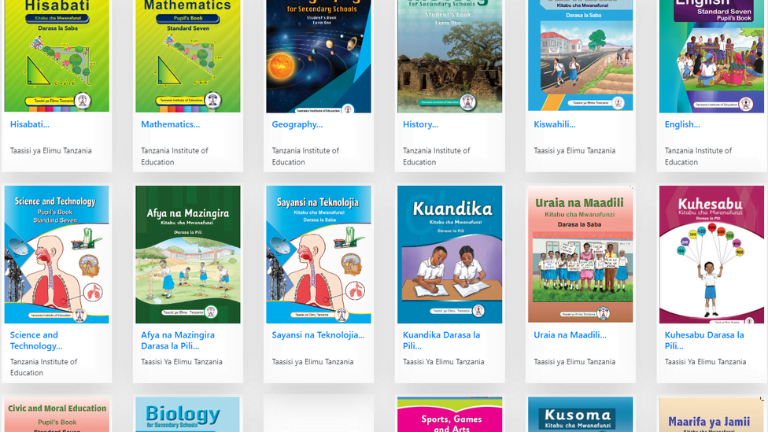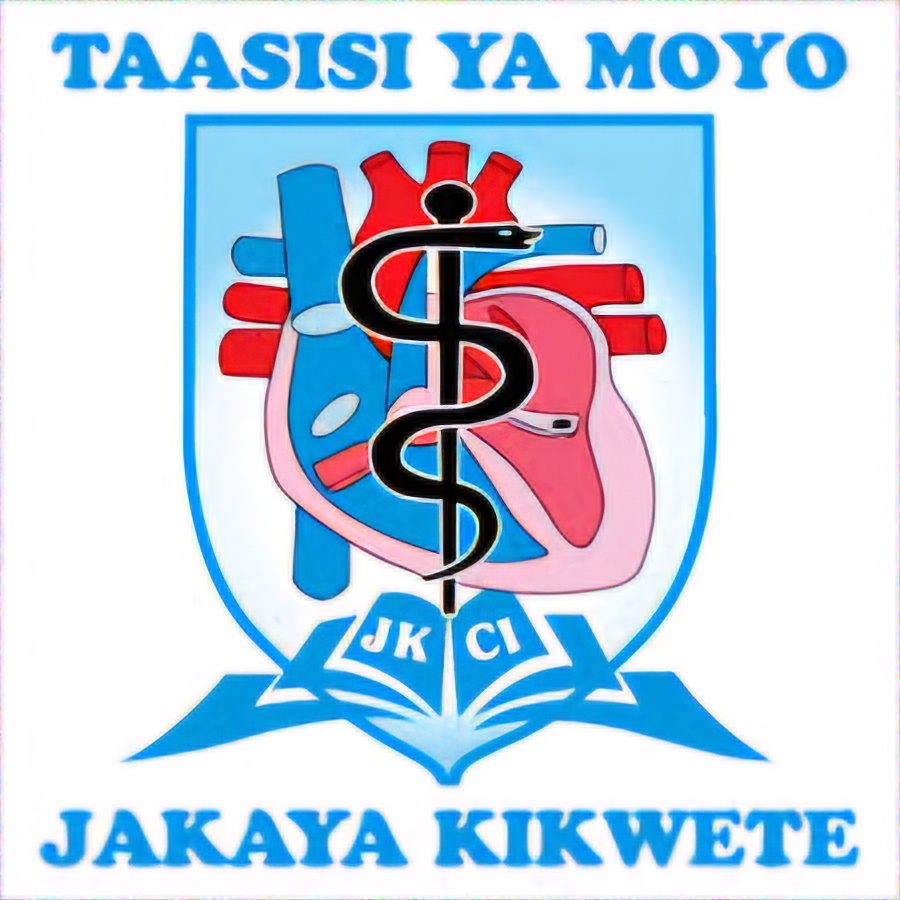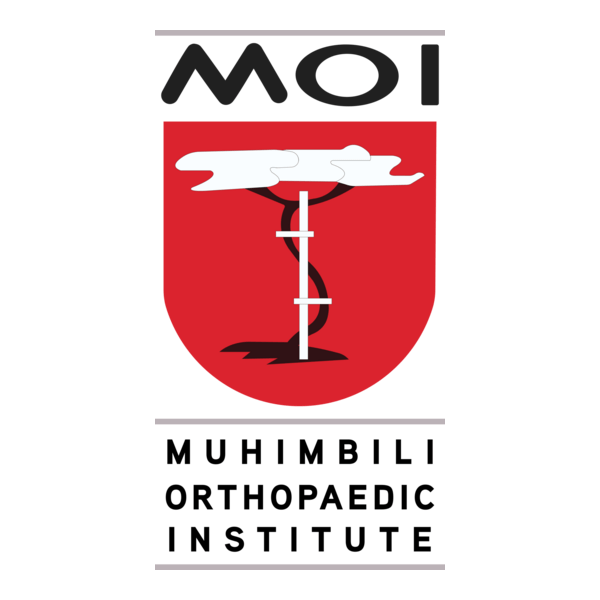The Bachelor of Arts in Development Studies (BA in Development Studies) is a multidisciplinary program that focuses on understanding the social, economic, political, and environmental challenges faced by developing countries and regions. It equips students with the knowledge and skills to address global development issues such as poverty, inequality, climate change, and sustainable development.
Course Overview
The Bachelor of Arts in Development Studies (BA in Development Studies) offers a multi-disciplinary approach to studying development, equipping graduates with comprehensive knowledge and skills in areas such as development planning, policy analysis, project management, monitoring and evaluation, and community development. Graduates will find diverse employment opportunities in central and local governments, international organizations, NGOs, and the private sector. The program also prepares students for self-employment and further postgraduate studies, making them well-rounded professionals in the development industry.
Course Duration: 3 Years
Entry Requirements
Direct Requirements for BA DS
Two principal passes in the following subjects at A-level: History, Geography, Kiswahili, English Language, French, Arabic, Fine Art, Economics, Commerce, Accountancy, Physics, Chemistry, Biology, Advanced Mathematics, Agriculture, Computer Science or Nutrition.
Equivalent Requirements for BADS
Diploma in Development Studies, Social Work, Sociology, Accountancy, Business Administration, Commerce, Taxation, Customs and Tax Management, Banking and Finance, Financial Administration, Accounting, Procurement and Supplies Management, Adult Education, Community Development, Project Planning Management, Public Administration, Development Planning, Environmental Studies or Public Sector Finance Management with an average of “B’’ or a minimum GPA of 3.0
Skills you will gain
Upon successful completion of a Bachelor of Art in Development Studies, graduates will be able to:
- identify the theory and principles of development
- analyse the practice of development through multilateral, bilateral, government and non-government agencies.
- recall critical development issues in particular regions of the South
- engage in one of the social science disciplines or a language other than English
- critically apply theoretical frameworks and research techniques to understanding national and international issues and problems;
- identify, including through interrogation of databases, relevant sources of information from across a variety of media (print and digital, written and audio-visual) and judge the importance and reliability of those sources;
- evaluate ideas and develop creative solutions to problems, including through independent pursuit of knowledge and making connections between different disciplinary approaches and methods;
- communicate and debate both orally and in writing, and work with others, using a variety of media; and
- understand the ethical implications of ideas, communications, and actions.
Career Opportunities
Graduates of a Bachelor of Arts in Development Studies (BA in Development Studies) can pursue the following careers and opportunities:
- Development Planning – Working on strategies and initiatives for sustainable development.
- Development Policy Analysis – Analyzing and shaping policies for social and economic progress.
- Project and Programme Management – Overseeing and managing development projects and programs.
- Monitoring and Evaluation – Assessing the effectiveness of development projects and programs.
- Community Development – Working with communities to implement development strategies.
- International Development – Engaging with global development agencies and initiatives.
- Government Agencies (Central and Local) – Engaging in policy formulation, implementation, and management.
- Non-Governmental Organizations (NGOs) – Contributing to social and developmental projects.
- Private Sector – Consulting and working on development-related projects within corporations.
- Publishing – Writing and editing content on development-related topics.
- Policy Making and Advocacy – Influencing public policy to improve development outcomes.
- Education – Teaching and academic roles in development studies.
- Media and Communications – Raising awareness about development issues through journalism, communications, or media.
- Information Technology – Utilizing technology for development-related data analysis, systems, or tools.
- Art Conservation – Working in roles that focus on cultural and heritage preservation.
- Advertising and Aid Work – Promoting and supporting development initiatives.
- Self-Employment – Starting personal development-related ventures or consultancies.
- Postgraduate Studies – Furthering education for advanced roles in development studies or related fields.








Leave a Reply